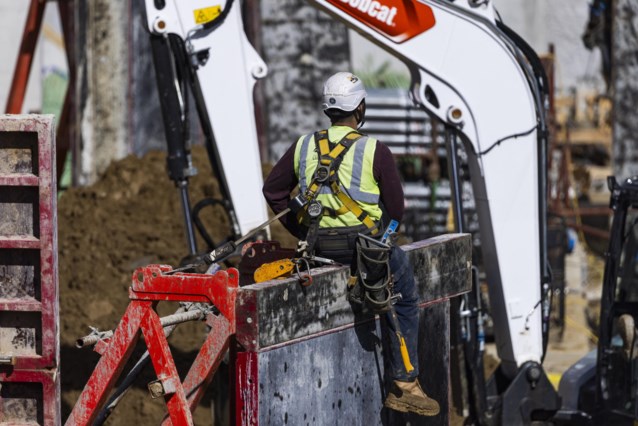In Ethiopia, a seismic shift is set to occur in the country’s economic landscape with the impending change on foreign property ownership. This policy is part of Prime Minister Abiy’s larger economic reform agenda aimed at liberalizing key sectors of the Ethiopian economy. The government believes that allowing foreign property ownership may attract more international investment to Ethiopia, enable authorities to raise taxes, and generate competition to revive the local private real estate market.
Local property developers like Solomon Assefa see the potential of this policy to bring much-needed foreign exchange into the economy, especially in the luxury segment where foreign buyers could help boost sales. Ethiopia’s attractiveness to foreign investors will largely depend on factors such as cheap labor and subsidized electricity provided by the government. This move also explains why prime city-center plots have been allocated for construction of luxury apartments, with private developers committing to a public-private partnership with the state.
However, this policy also raises concerns about Ethiopians being evicted to accommodate these new properties as auctions are used to raise funds for these projects leading to widespread demolitions in the capital. In January, the finance ministry announced plans to construct over 78,000 affordable housing units in Addis Ababa through international tenders. This new policy will undoubtedly bring about significant changes in Ethiopia’s real estate market and its impact on the country’s economic landscape remains to be seen.



